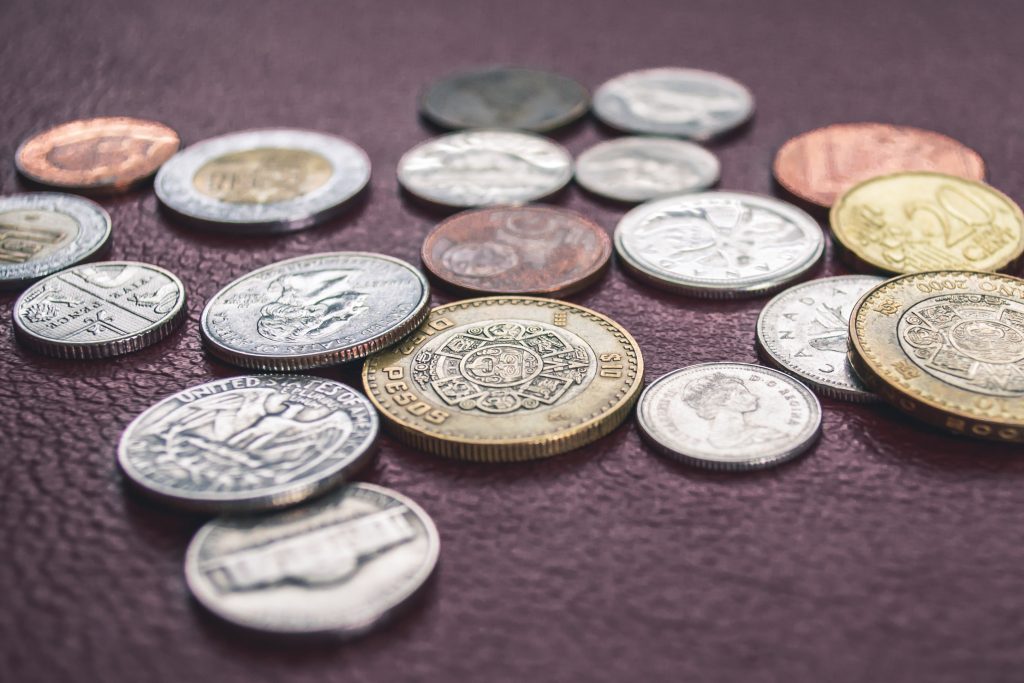Achieving financial stability is a goal many people share but can feel at times like an impossible task. This can vary from person to person depending on what their current circumstances are. Whilst one person may have a significant debt amount they want to clear, another may want to save more but has little available after all their outgoings each month. In both cases there is a need to focus and get finances back on track and under control, but how do they go about doing so? With household debt in the UK set to rise from £2.068 trillion in 2019-20 to many will want to get back on track as soon as possible. We take a look at 4 ways this can be achieved for better financial health in the long-term.
Get any Short Term Loans Under Control
For anyone with borrowing that was taken out to cover a short term expense, these should be looked at first. If, for example, someone turned to to cover an unexpected expense such as a repair bill, or a short-term instalment loan to help spread the cost over 2-3 months due to an emergency, it can be easy for these types of debt to spiral into longer-term borrowing if not maintained. Due to the nature of short term loans or payday loans, they are designed as a short-term solution that is then cleared within a few weeks or months so that the amount of interest paid is kept to a minimum. , meaning keeping hold of these debts for longer than planned can mean higher amounts of interest being paid back in total. If these are still to be repaid, those with them should plan to clear them on time (or earlier if possible) and avoid any additional costs.

Review Your Non-Essential Outgoings
Taking the time to go through non-essential outgoings can highlight the areas that some need to address with their finances, especially if they fall into the category of having no money left over after all outgoings are paid. This needs to be as thorough as possible so that a true reflection of spending each week or month is seen. Figures from the Office for National Statistics (ONS) show that household expenditure on miscellaneous goods and services . Reviewing areas like this and finding opportunities to reduce spending will help people to increase their disposable income.
Set Financial Goals
An easy way to be able to focus on getting finances back on track is to set achievable financial goals. Whether you have a savings figure in mind, an amount you want to reduce debt by or something you want to save for such as a holiday, new car or house deposit, visualising this with goals can make a difference. With as many as and , setting targets will help those who fall into these categories get back on track. The key is to start small and not set goals too far in advance and focus on short term goals that can be reviewed every few weeks or couple of months to help stay motivated.
Boost Your Savings
A financial goal may be to do exactly this but doing a combination of all the above points should then provide more money to put aside each week or month. Even if it’s just a few pounds each week, this can grow quickly. The Money Advice Service has a 4-step savings goal to help guide people who may have struggled to save regularly in the past. Recent figures from Finder.com in April found that Those who start to boost their savings can benefit from having available funds in an emergency or avoid over-reliance on borrowing when wanting to make a purchase.
These are just some of the areas that people can focus on to get their finances back on track, and if followed, can benefit them for years to come.

